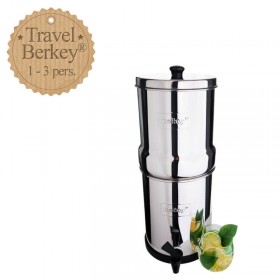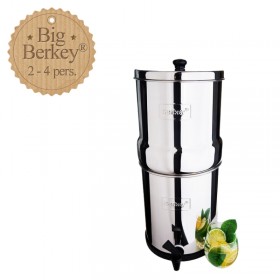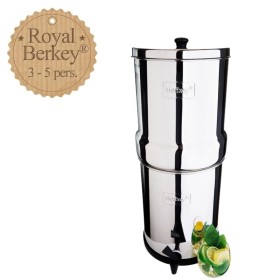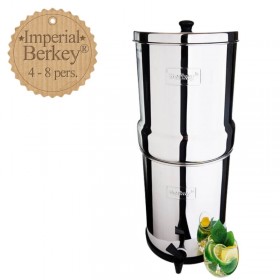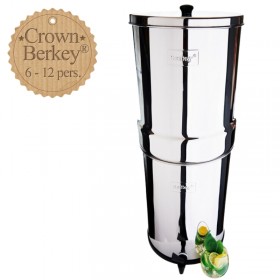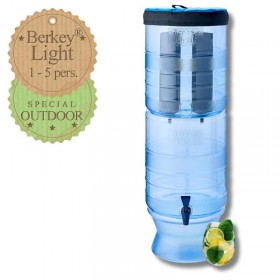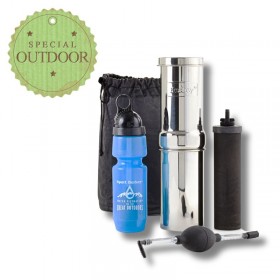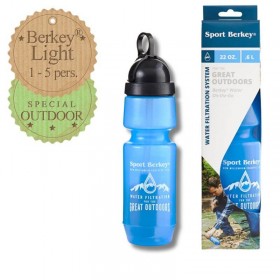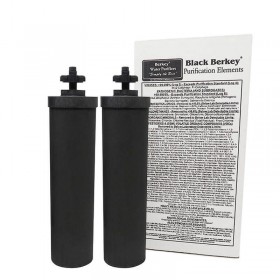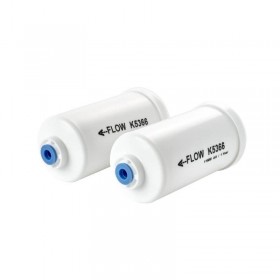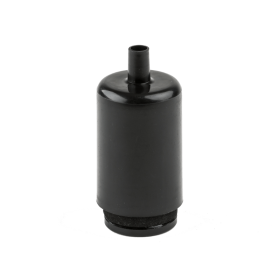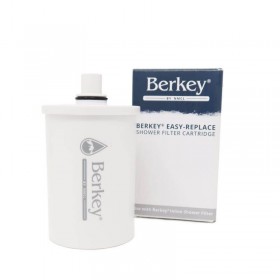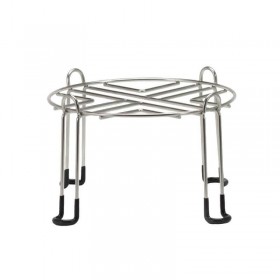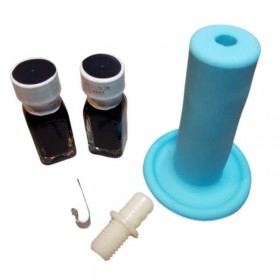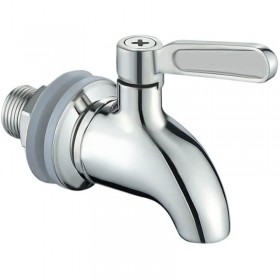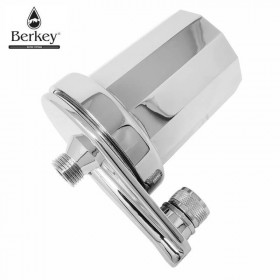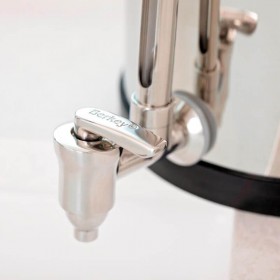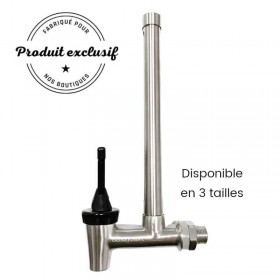
Looking for a drinking water filtration system and considering a reverse osmosis system? Read this before making your decision!
What is Reverse Osmosis?
Reverse osmosis is a filtration technique that forces water through a semi-permeable membrane using a high-pressure electric pump. This very fine membrane removes chemicals and bacteria from the water. However, this forced filtration also removes all minerals beneficial to health, such as potassium, calcium, iron, manganese, and cobalt. Daily consumption of reverse osmosis water can lead to significant vitamin and mineral deficiencies. In fact, a study published by the WHO (World Health Organization) states that using reverse osmosis water for cooking causes a significant loss of essential elements in meat and vegetables, with losses exceeding 60% for magnesium and calcium, and even higher for other minerals.
Unlike a reverse osmosis system, Berkey® systems require no installation, no electrical connection, and no water network connection. They operate autonomously, have the capacity to remove bacteria, viruses, pharmaceutical residues, and a long list of pollutants from water, details available on this page. With minimal maintenance, a capacity of nearly 23,000 liters (up to 10 years without changing filters), and no water wastage, they have only advantages.
Reverse osmosis systems are often touted as the ultimate filtration solution and it may seem appealing, BUT:
Cost: The cartridge replacement is expensive and must be done regularly. Compared to the Berkey® water purifier, a reverse osmosis system is much more costly. Do a simple calculation of the cost per liter of filtered water, and you’ll be convinced. Reverse osmosis water is expensive.
Water Quality: Reverse osmosis water has lost all its mineral salts and should not be consumed daily, as it can quickly lead to deficiencies. Similarly, cooking with this water will cause your food to lose a significant amount of minerals to the water. Daily consumption of this water is not recommended.
Autonomy: To function, it requires electricity and access to the water network. What happens in case of a power outage or emergency? You lose access to water... and lose all autonomy!
Water Wastage: The reverse osmosis process, which forces water through a membrane, leads to significant water wastage, up to 80%. A reverse osmosis system, on average, wastes 1 to 2 times more water than it produces. This results in water wastage making it a non-ecological system.
A Berkey® Purifier
As effective as reverse osmosis in terms of filtration: the Black Berkey® filters have a filtration precision of 22 to 24 nanometers. They remove viruses, bacteria, chemical pollutants, heavy metals, petroleum products, hormones, etc. (see the analysis). It acts as a purifier and can make well water, rainwater, etc. drinkable.
>>Versatility and Power in Any Conditions!
Completely self-contained: operates without electricity and without a water network and can provide, in about 45 minutes, from 5.6 liters to over 22 liters (depending on the model). Fill, filter, drink!
>>Drinkable Water Even in Emergencies and Wherever You Are!
The most economical and sustainable system: 22,700 liters filtered per pair of Black Berkey® filters, ensuring longevity and the lowest operating cost on the market.
>>Lifespan up to 10 years – Less than a cent per liter of filtered water!
The global leader in gravity water filtration - For decades, and worldwide, Berkey® has leveraged its experience and expertise to make water purer and more affordable...
Enjoy drinking water in any situation, take it to the next level, choose a BERKEY® system!

